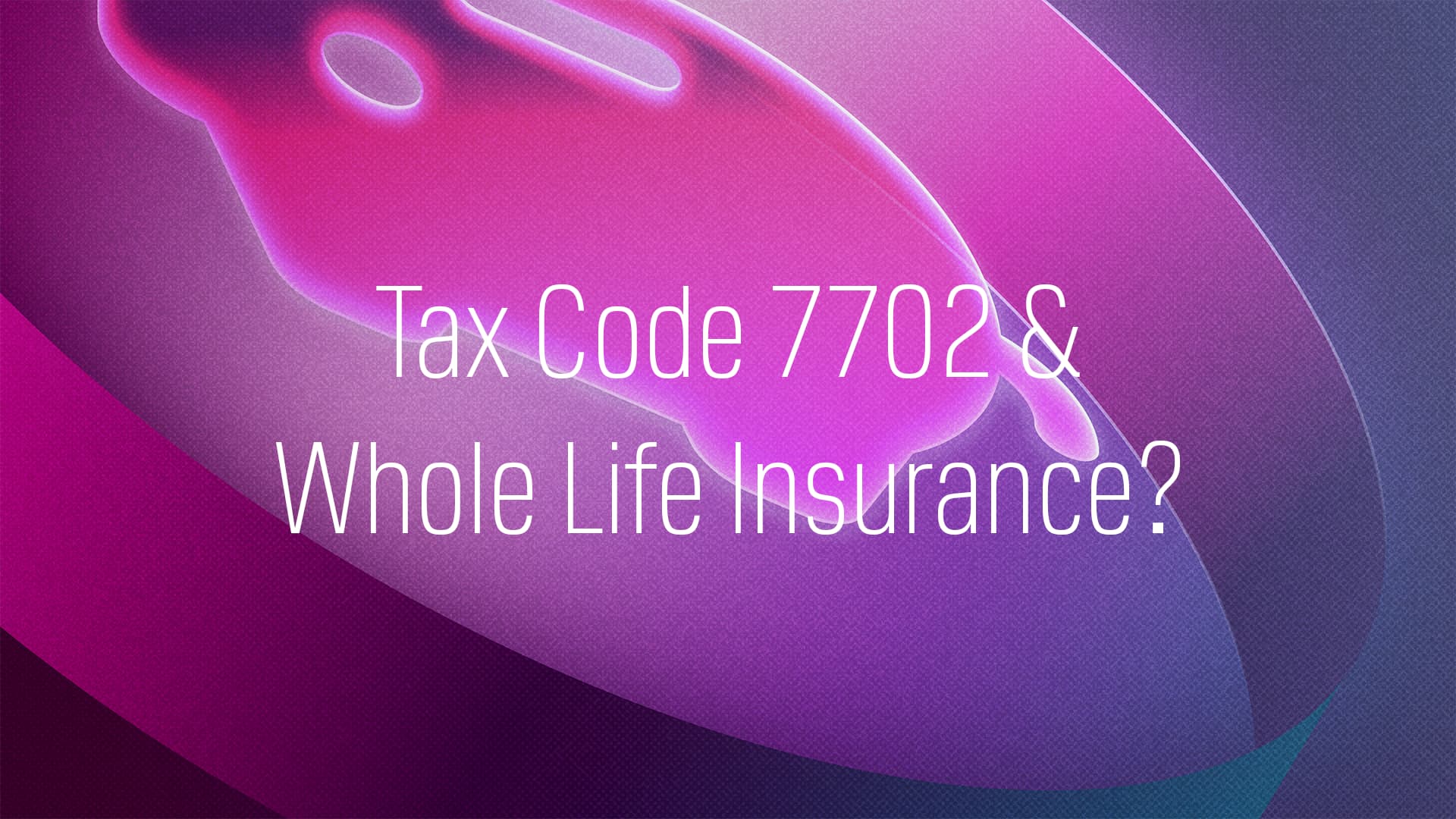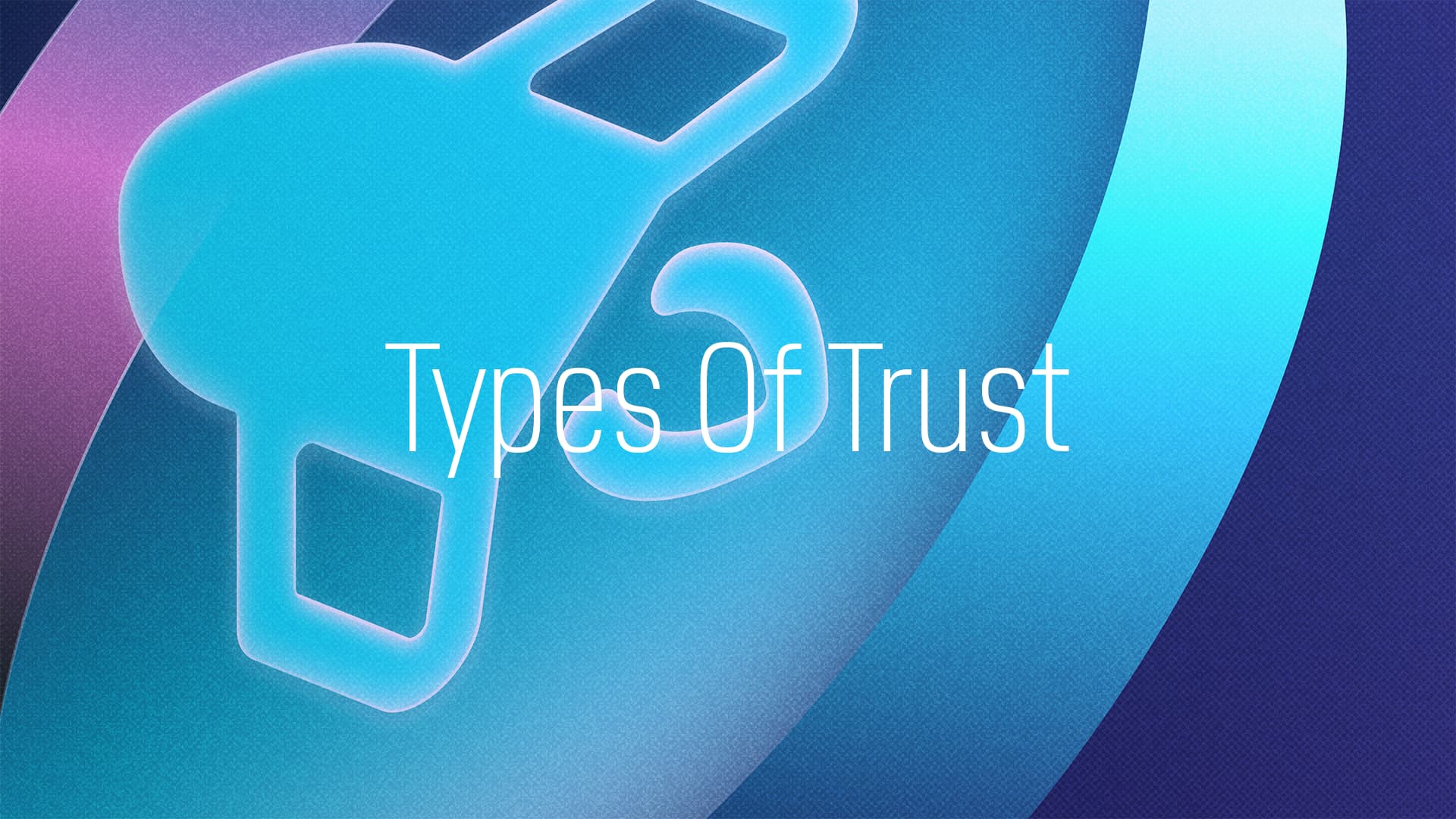How Does Tax Code 7702 Apply To Whole Life Insurance?

Understanding the intricacies of tax codes is crucial for leveraging financial products effectively, especially in the realm of whole life insurance. Tax Code 7702 plays a pivotal role in how life insurance policies, particularly whole life insurance, are structured and utilised in the United States. This regulation directly impacts the tax advantages and the strategic use of whole life insurance as a tool for long-term financial planning and wealth preservation.
Understanding Tax Code 7702
Modified Endowment Contract (MEC) Limitation
Tax Code 7702 introduced the concept of the Modified Endowment Contract (MEC) limitation. This regulation was established to delineate the boundaries between a life insurance policy and a tax-advantaged savings account. The MEC limitation sets a threshold on the amount of cash value that can accumulate in a policy relative to the death benefit, ensuring the primary purpose of the policy remains life coverage, not just a tax shelter for investment growth.
Maximising Cash Value
There's a common strategy among policyholders to "bump right up to the MEC limit," which involves contributing as much premium as possible without the policy being classified as a MEC. This approach allows for the maximisation of the policy's cash value while maintaining the tax benefits associated with life insurance. For example, a base premium might be $10,000, but the policy could allow for additional contributions up to $30,000, reaching the MEC limit and optimising the cash value accumulation.
The Leverage of Whole Life Insurance
Whole life insurance is recognised for its dual function: providing a death benefit and serving as a long-term financial instrument. Tax Code 7702 facilitates this by allowing policyholders to leverage their health and financial contributions towards creating a significant asset that benefits future generations or chosen charities.
Guaranteed Payout
The unique aspect of life insurance, underscored by Tax Code 7702, is the guarantee of the death benefit. Unlike other forms of insurance, the payout of a life insurance policy is certain because it is predicated on an inevitable event—death. This guarantee provides unparalleled leverage for policyholders, ensuring that their beneficiaries will receive financial support.
Utilising Cash Value
Beyond the death benefit, whole life insurance policies offer the ability to leverage cash value accumulations for financial needs throughout one's life. This can include emergency funds or seizing investment opportunities, all while enjoying the tax advantages outlined in Tax Code 7702.
Tax Code 7702 is a cornerstone regulation for whole life insurance policies, establishing the framework within which these policies operate to provide both a death benefit and a vehicle for wealth accumulation and preservation. By understanding and strategically navigating the implications of 7702, policyholders can optimise their whole life insurance policies for maximum benefit—leveraging their premiums for a solid financial future and ensuring a guaranteed payout to their heirs or designated causes.



